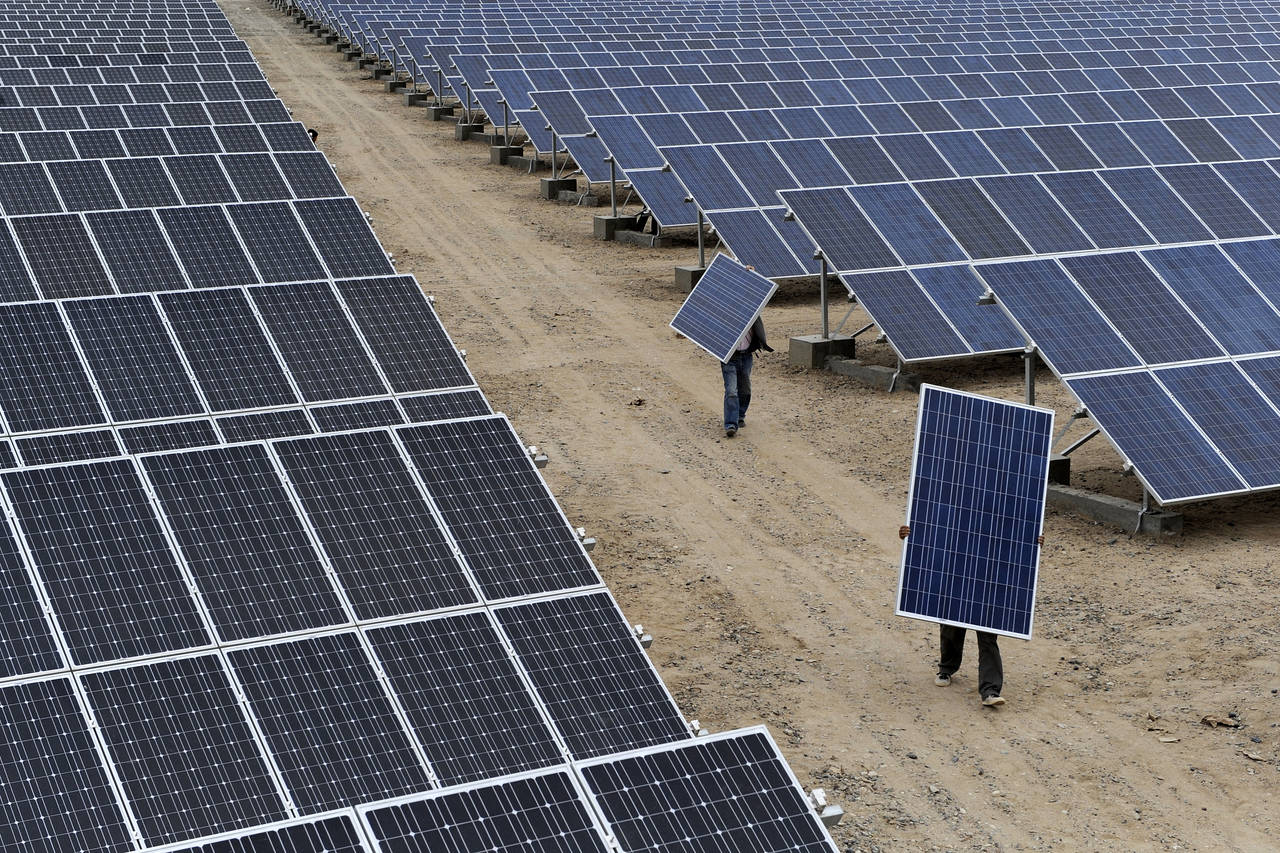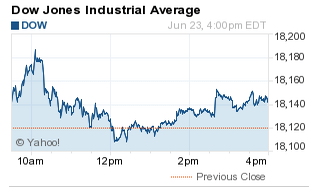New US Solar Tariffs Hit Malaysia, Three Other Nations

Table of Contents
Details of the New US Solar Tariffs
The US has implemented new tariffs on solar panels and cells imported from Malaysia, Thailand, Vietnam, and Cambodia, citing concerns about unfair trade practices and the need to protect domestic solar manufacturers. These tariffs represent a substantial percentage increase on import prices, ranging from 15% to 25% depending on the country and product type. The tariffs are expected to last for at least two years, potentially longer depending on the outcome of ongoing investigations.
- Specific Tariff Rates: The exact tariff rates vary depending on the country of origin and the specific type of solar product. While precise figures are still being clarified, expect considerable increases in import costs.
- Products Affected: The tariffs primarily target crystalline silicon photovoltaic (PV) solar cells and panels, the most common types used in solar energy systems.
- Implementation Timeline: The tariffs are being implemented in phases, with full enforcement anticipated within the next few months. The ongoing investigations could potentially lead to further adjustments to the tariff rates or their duration. This uncertainty creates additional challenges for businesses.
- Reasoning: The US government has justified these tariffs by claiming they are necessary to counteract alleged dumping and subsidization of solar products from these countries, arguing that these practices harm American solar manufacturers and threaten national security. The tariffs are categorized as anti-dumping and countervailing duties.
Impact on Malaysia's Solar Industry
Malaysia's solar energy sector, while growing rapidly, is heavily reliant on imported solar components. The new US solar tariffs will significantly increase the cost of these imports, potentially jeopardizing numerous projects and hindering the country's renewable energy targets. This could lead to:
- Economic Consequences: Malaysian solar companies may face reduced profitability, job losses, and decreased investment. The rising cost of solar projects could also discourage consumers and businesses from adopting solar energy.
- Government Response: The Malaysian government is likely to explore various options, including negotiations with the US government, seeking alternative suppliers, and possibly implementing support measures for the domestic solar industry.
- Reliance on Imports: A significant portion of Malaysia's solar panel installations utilize imported components, making the country acutely vulnerable to price increases caused by the tariffs.
- Major Players: Key players in Malaysia's solar industry will face immediate challenges in maintaining competitiveness. Smaller businesses may be particularly vulnerable.
- Alternative Sources: Malaysia will need to explore alternative sourcing options for solar equipment, possibly from other Southeast Asian countries or further afield. This may involve increased shipping costs and logistical complexities.
Impact on Thailand, Vietnam, and Cambodia (Separate sections for each country would follow the same structure as the Malaysia section above, replacing "Malaysia" with the respective country name and detailing specific aspects of their solar industries). For example:
Impact on Vietnam's Solar Industry
Vietnam's robust solar manufacturing sector is now facing the pressure of these US tariffs. The country's export-oriented nature makes it particularly vulnerable. The impact will be felt across the value chain, from manufacturers and distributors to installers and consumers. Specific analysis would include details about Vietnam's reliance on the US market, its major solar companies, and the government's potential responses.
Global Implications of the New Tariffs
The US solar tariffs have far-reaching global implications, potentially impacting the overall cost of renewable energy and slowing the global transition away from fossil fuels. Key implications include:
- Global Market Share: The affected countries represent a significant portion of the global solar panel and cell supply chain. This disruption could lead to price hikes and supply chain bottlenecks worldwide.
- Increased Solar Energy Costs: The tariffs will likely lead to increased costs for solar energy projects globally, potentially dampening consumer demand and slowing down the adoption of renewable energy.
- Retaliatory Measures: Affected countries might implement retaliatory tariffs on US goods, further escalating trade tensions and potentially negatively impacting the US economy.
- Alternatives to Solar: The rising costs of solar energy could encourage investment in alternative renewable energy sources, such as wind power or hydropower, in some regions.
Navigating the New US Solar Tariffs
The new US solar tariffs present significant challenges for the global solar industry and the broader renewable energy transition. The tariffs' impact on Malaysia, Thailand, Vietnam, and Cambodia is substantial, and the ripple effects are being felt worldwide. Increased costs, supply chain disruptions, and potential trade wars are major concerns.
To navigate these challenges, it's crucial to stay informed about developments concerning the US solar tariffs and their long-term effects. Individuals, businesses, and governments must explore alternative solar solutions, advocate for policies that mitigate the impact of these tariffs, and support a more diverse and resilient global solar supply chain. The future of solar energy depends on proactive adaptation and international cooperation.

Featured Posts
-
 Stock Market Today Dow S And P 500 Live Updates For May 29
May 30, 2025
Stock Market Today Dow S And P 500 Live Updates For May 29
May 30, 2025 -
 Test Drive Turned Carjacking A Growing Threat
May 30, 2025
Test Drive Turned Carjacking A Growing Threat
May 30, 2025 -
 Ticketmaster Y Su Virtual Venue Revolucion En La Compra De Boletos
May 30, 2025
Ticketmaster Y Su Virtual Venue Revolucion En La Compra De Boletos
May 30, 2025 -
 What If Exploring Bruno Fernandes Potential Tottenham Transfer
May 30, 2025
What If Exploring Bruno Fernandes Potential Tottenham Transfer
May 30, 2025 -
 Elon Musks Daughter Vivians Modeling Debut A Look At Family Dynamics
May 30, 2025
Elon Musks Daughter Vivians Modeling Debut A Look At Family Dynamics
May 30, 2025
